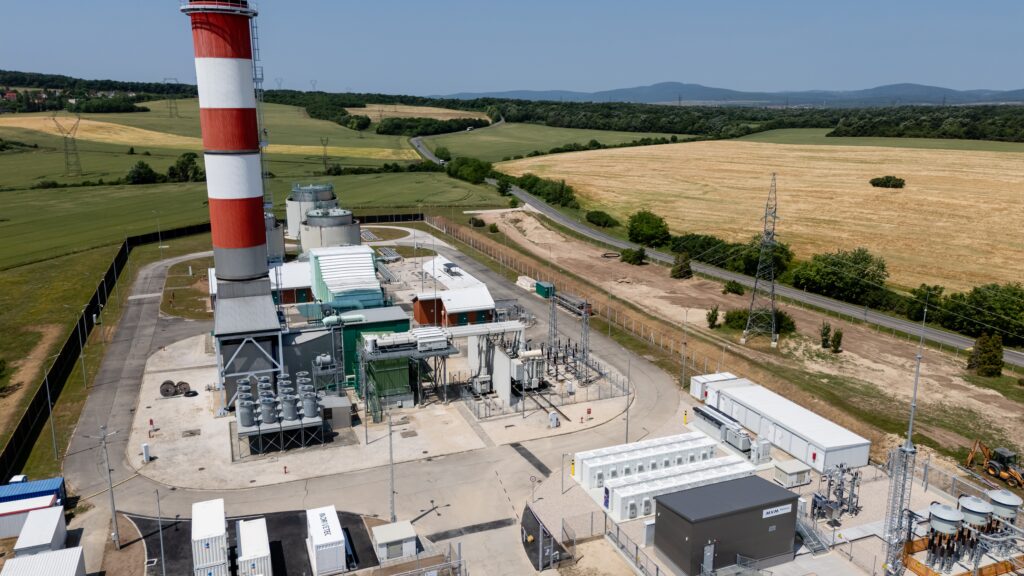The Forestry Climate Adaptation Forum has held its inaugural meeting, aiming to draft Hungary’s Forestry Climate Adaptation Strategy and an action plan for the Great Hungarian Plain, the Agriculture Ministry said in a statement on Tuesday.
The ministry stressed the need for responsible foresight and planning to create forests resilient to climate change. Such forests should remain viable ecosystems, offering environmental services while protecting biodiversity, soil, and water resources.
At the meeting, Deputy State Secretary for Forestry András Mocz noted that the overall deterioration of forest health is a Europe-wide problem, driven mainly by significant changes in weather patterns and the resulting decline in forest soil water balance. Hungarian forests have not been spared, with prolonged droughts weakening many stands to the point where immediate interventions are required.
‘The ministry stressed the need for responsible foresight and planning to create forests resilient to climate change’
Mocz cited the Southern Great Plain Forestry Company, where Scots pine and pedunculate oak stands have suffered severe dieback. Forest managers are now obliged to replant affected areas.
According to forestry climate researchers, Hungary’s site conditions could change drastically within a few decades, making them unsuitable for current forests and woody vegetation. Mocz stressed the importance of safeguarding forests as a national treasure.
The new forum, coordinated by the National Chamber of Agriculture under the supervision of the Agriculture Ministry’s Forestry and Land Affairs State Secretariat, brings together professional and scientific organizations, state and private stakeholders, and civil society to support forestry adaptation to climate change.
Mocz highlighted the existing research base, data, and international best practices that will inform the process. Thematic working groups will address key issues. The Hungarian University of Agriculture and Life Sciences’ Forestry Research Institute (SOE ERTI) proposed an iterative, field-based learning process. WWF Hungary underlined the role of indirect societal benefits and natural adaptation processes, emphasizing gradual, humble, and site-specific approaches. The ministry’s Nature Conservation Deputy State Secretariat called for considering natural succession in adaptation planning.
Participants agreed that, in most cases, forest adaptability can be improved. Restoring natural forest conditions or establishing tree stands suited to new climate realities will be crucial to ensuring forest ecosystems remain viable in the long term.
Related articles:







